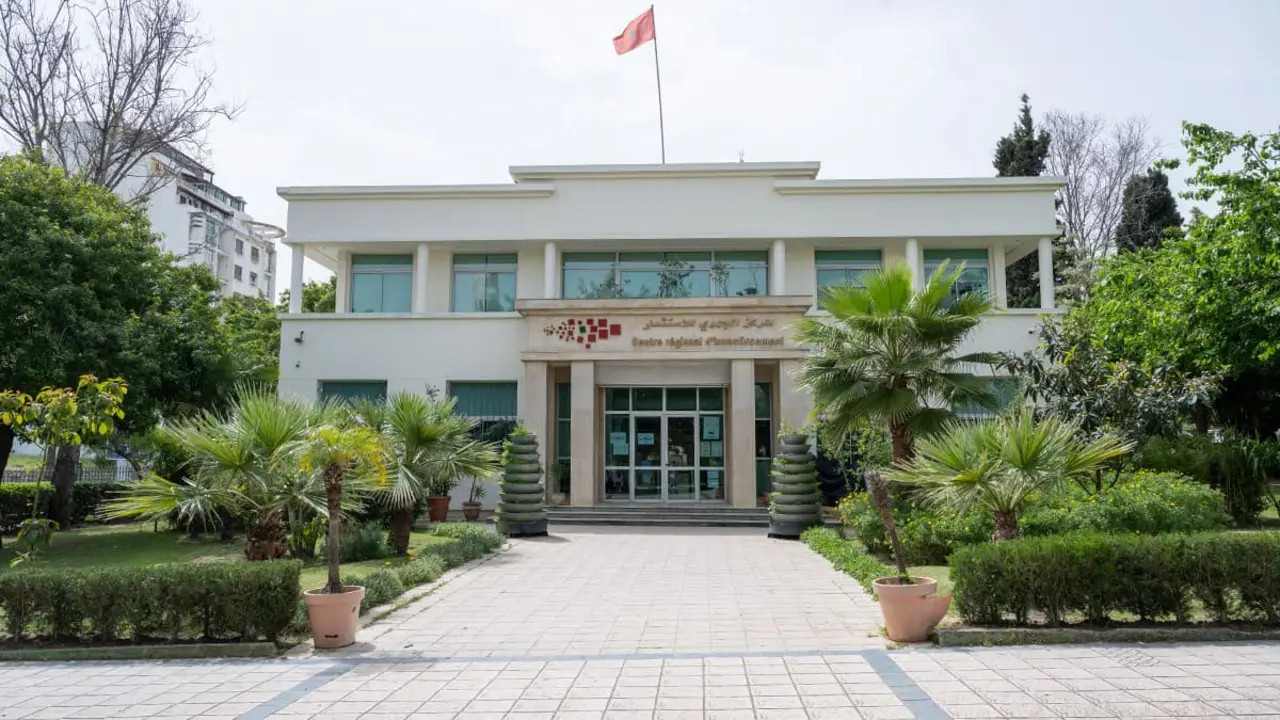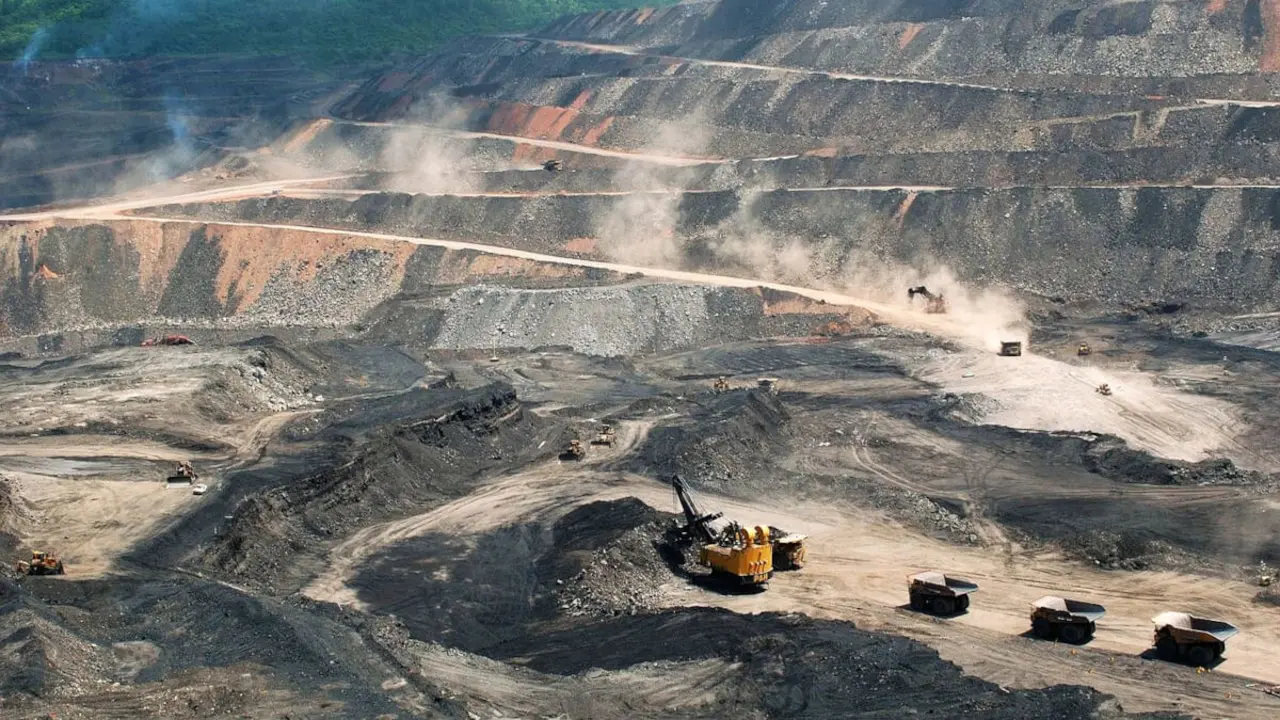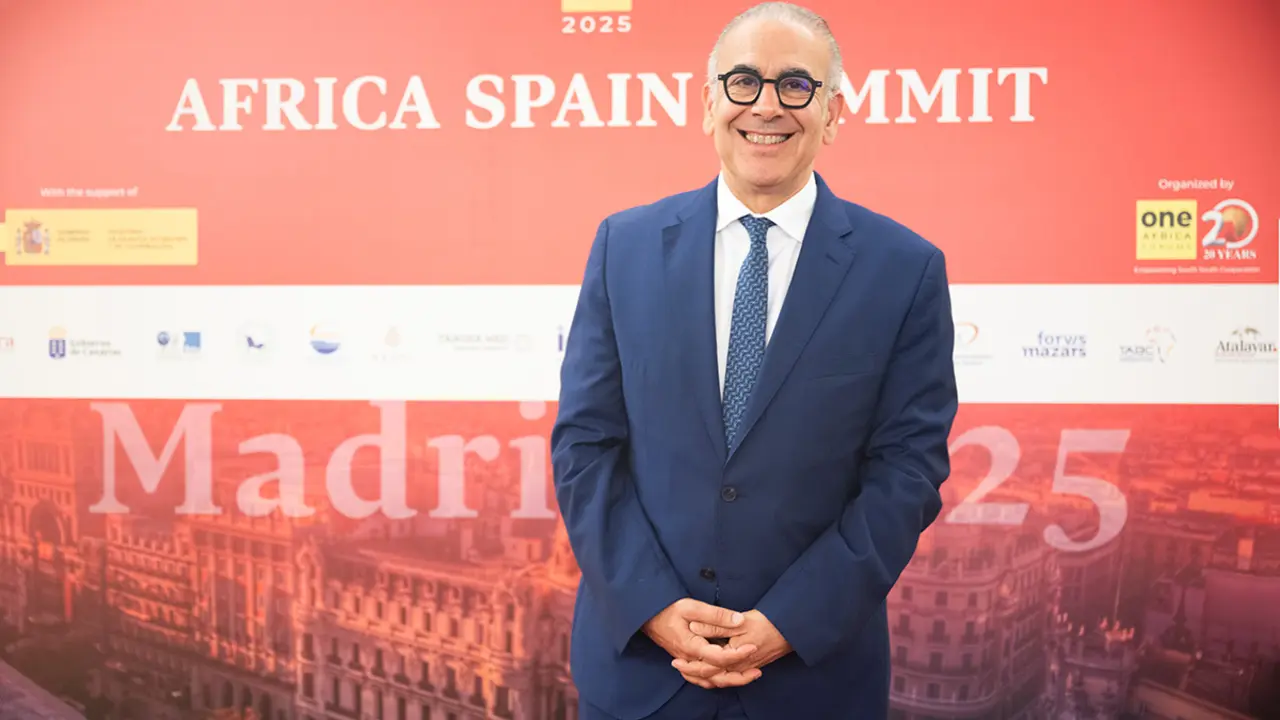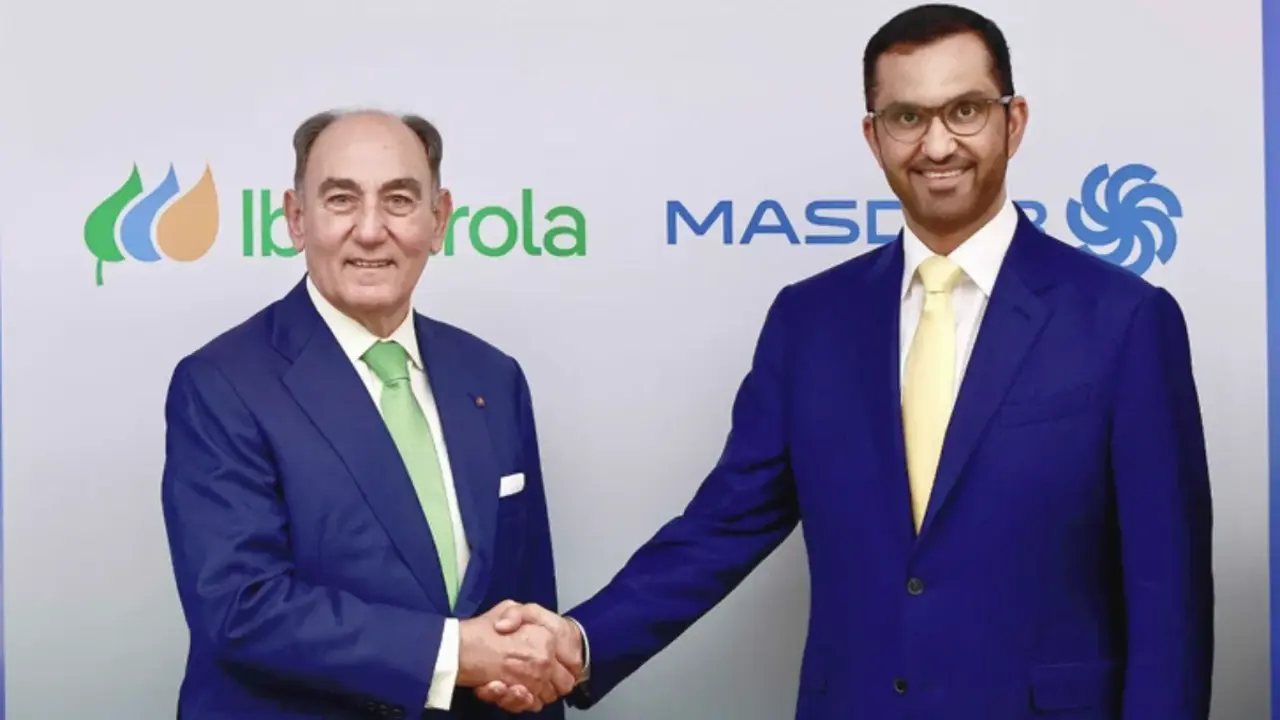Rising oil prices as an indirect economic consequence of the Russian invasion

Recently, members of the Organisation of Petroleum Exporting Countries (OPEC) and US oil company executives met in Houston over concerns about oil supply and rising oil prices. At the same time, but outside OPEC, the CERAWeek was held, bringing together the world's top energy industry leaders, where the main topic was oil.
The OPEC meeting was the fourth to be held since 2017, within the framework of the Annual Energy Conference, such meetings take place when there are certain energy concerns, but especially when a price war breaks out. "The meetings were initially intended to help OPEC understand the economics and financing of shale, but have broadened the topics," several officials said.
John Hess, CEO of Hess Corporation Toby Rice, CEO of EQT Corp, and Domenic Dell'Osso, CEO of Chesapeake Energy, among other executives, attended a dinner with Mohammad Barkindo, OPEC's secretary general, at a restaurant adjacent to the CERAWeek conference site. The dinner, announced as part of the North American Independents Forum, was attended by Gabriel Obiang Lima, Equatorial Guinea's minister of energy, and Ayed al-Qahtani, OPEC's director of research, as well as the CEOs of Hunt Energy and Vincent Energy.

After dinner, attendees discussed how "shale producers focused on delivering profits to shareholders rather than investing more cash in new drilling," Barkindo said. "This huge underinvestment requires us to revisit that. This is up to the companies themselves and their boards, but there is a general understanding that something needs to be done to address the new circumstances. All oil producers need to accelerate their efforts to bring more oil to market," Hess added.
The Russian invasion is already producing a number of indirect consequences, one of them being higher oil prices and a future global economic recession. With the price of a barrel of oil at around $139 a barrel, this has increased supply concerns. "There is no capacity in the world that can replace 7 million barrels per day. We have no control over current events, geopolitics, and this is dictating the pace of the market," Barkindo told reporters at the conference. Not since the 2008 financial crisis have world oil prices reached this high again, and the disruption of Russian crude exports has collapsed the world. Barkindo stated that "OPEC production could not compensate for a ban on Russian oil".

Russia has been an integral part of the OPEC+ alliance, in 2020 it halted an oil price slump in the wake of the pandemic COVID-19 crisis, formalised an agreement with the aim of cutting 10 million barrels per day (bpd) from the group's output. As demand recovered, it has begun to put 400,000 bpd per month back into production. The world's largest country, along with Saudi Arabia, are among the world's largest oil-producing nations.
The invasion of Ukraine has sent the world into a new oil shock, creating one of the greatest threats to energy markets in decades, and swift action by the international community is needed. However, the United States and its allies have asked OPEC+ to increase production, but several countries have stated that they do not have sufficient capacity to carry it out; however, Saudi Arabia has been reluctant to make such a request, knowing that it is one of the countries with the greatest production capacity.
The White House and the European Union are considering a veto of Russian crude oil, the latter accounting for half of all purchases from Moscow, according to the US Energy Information Administration. Indeed, some oil buyers have already rejected Russian cargoes and producers with operations in the country, including BP, Shell and Exxon Mobil, have pulled out of Russia.








